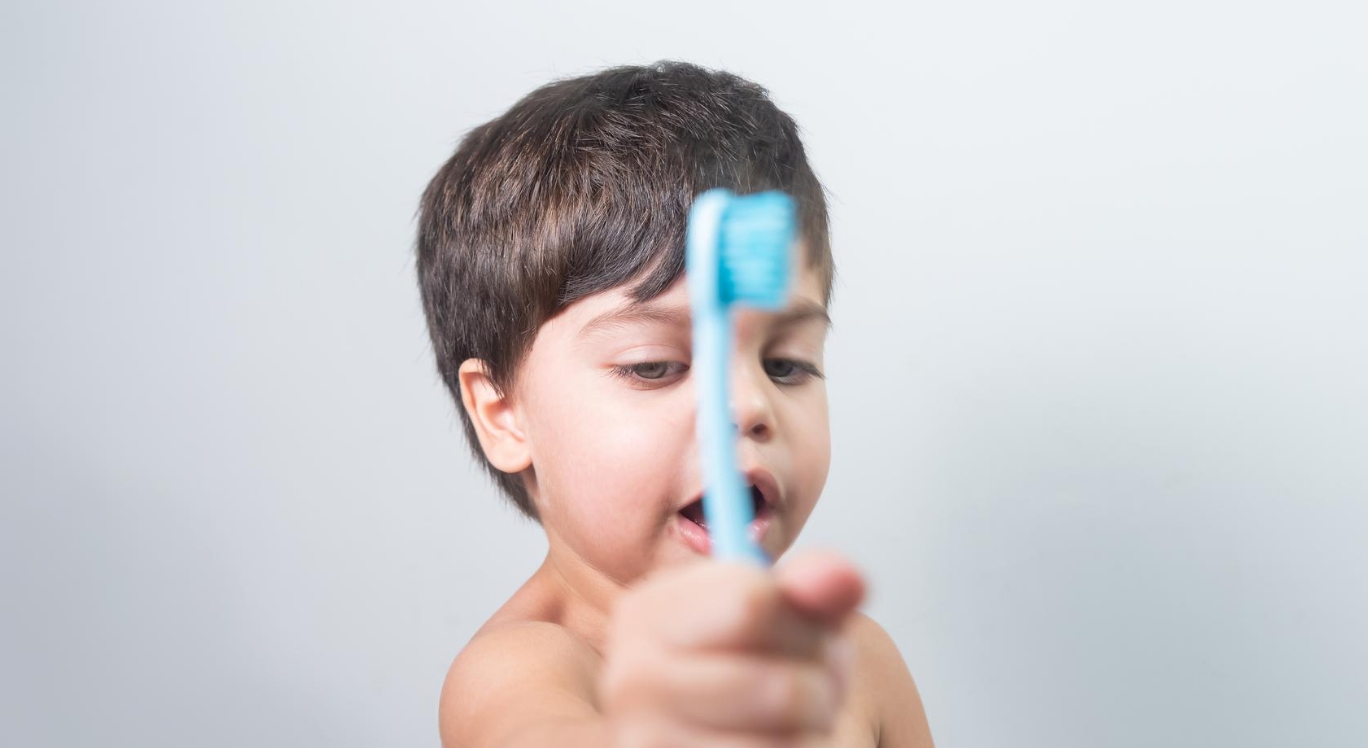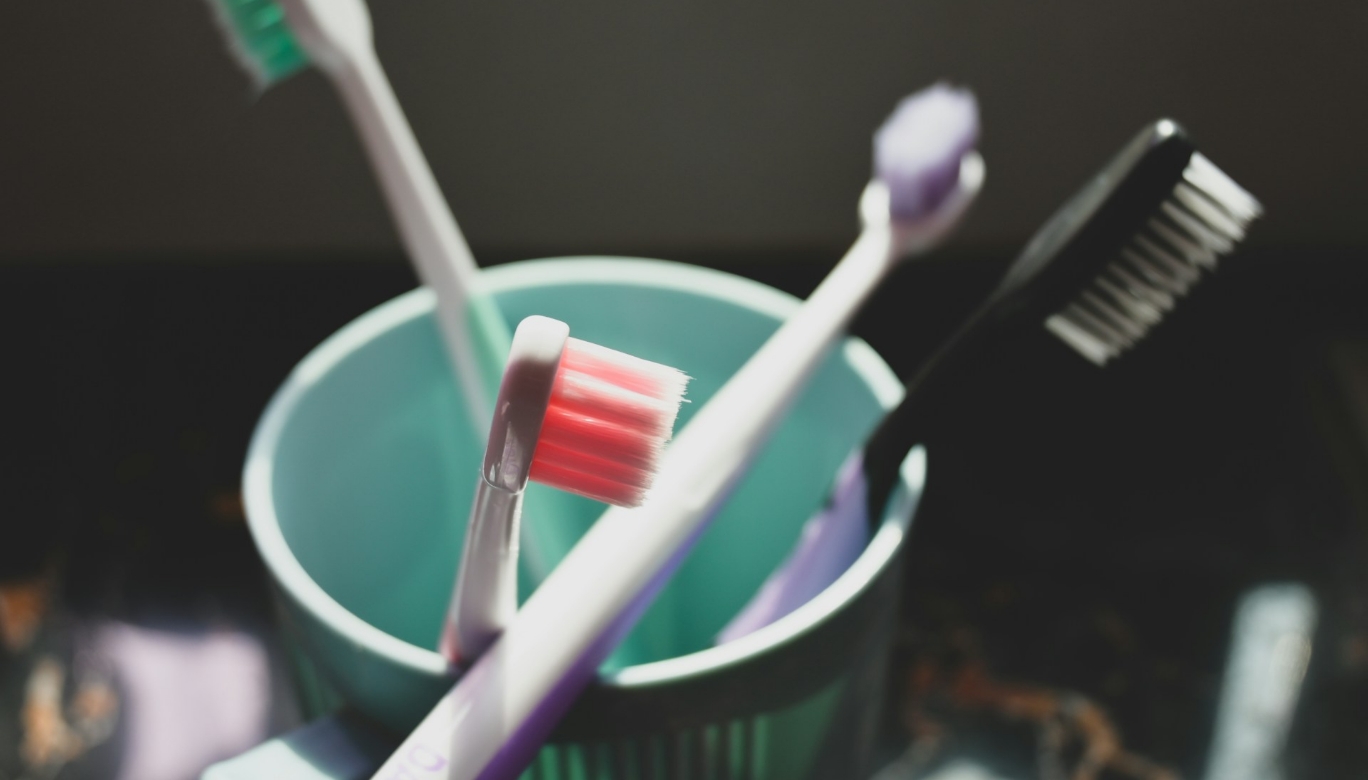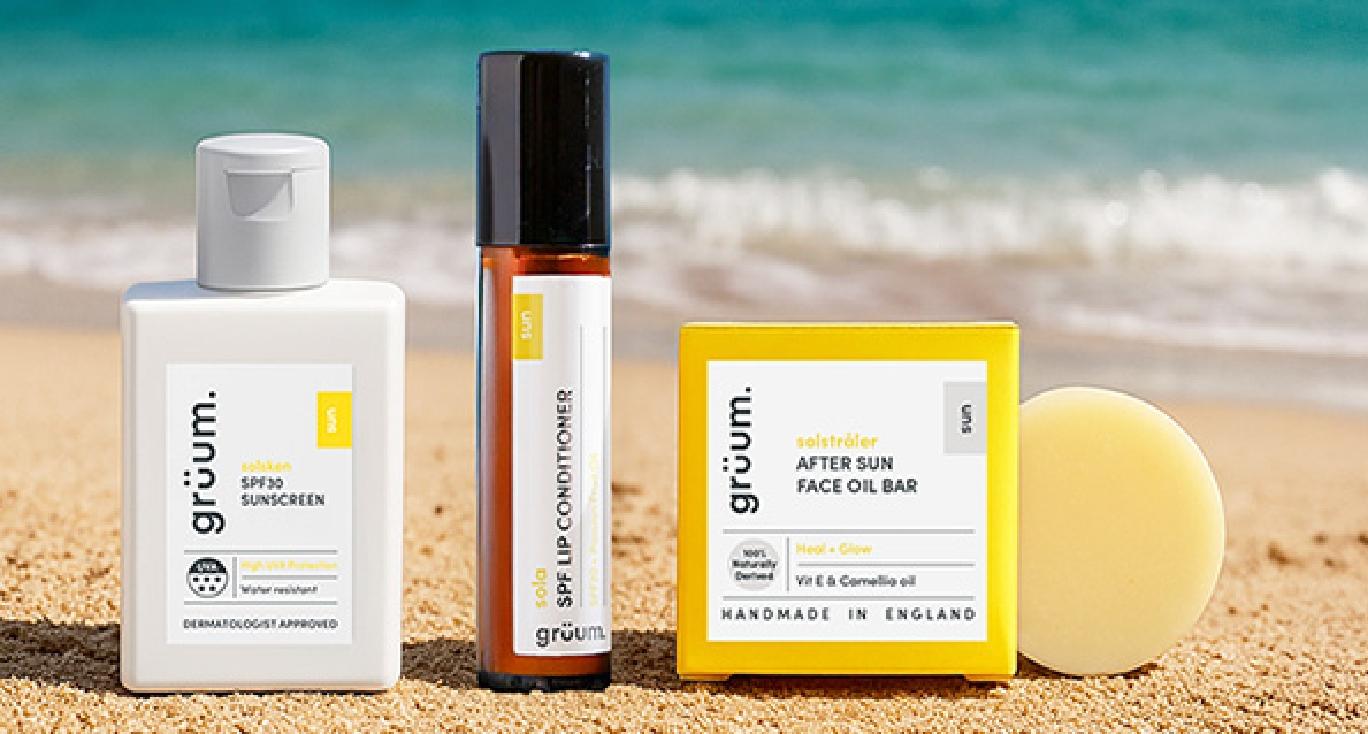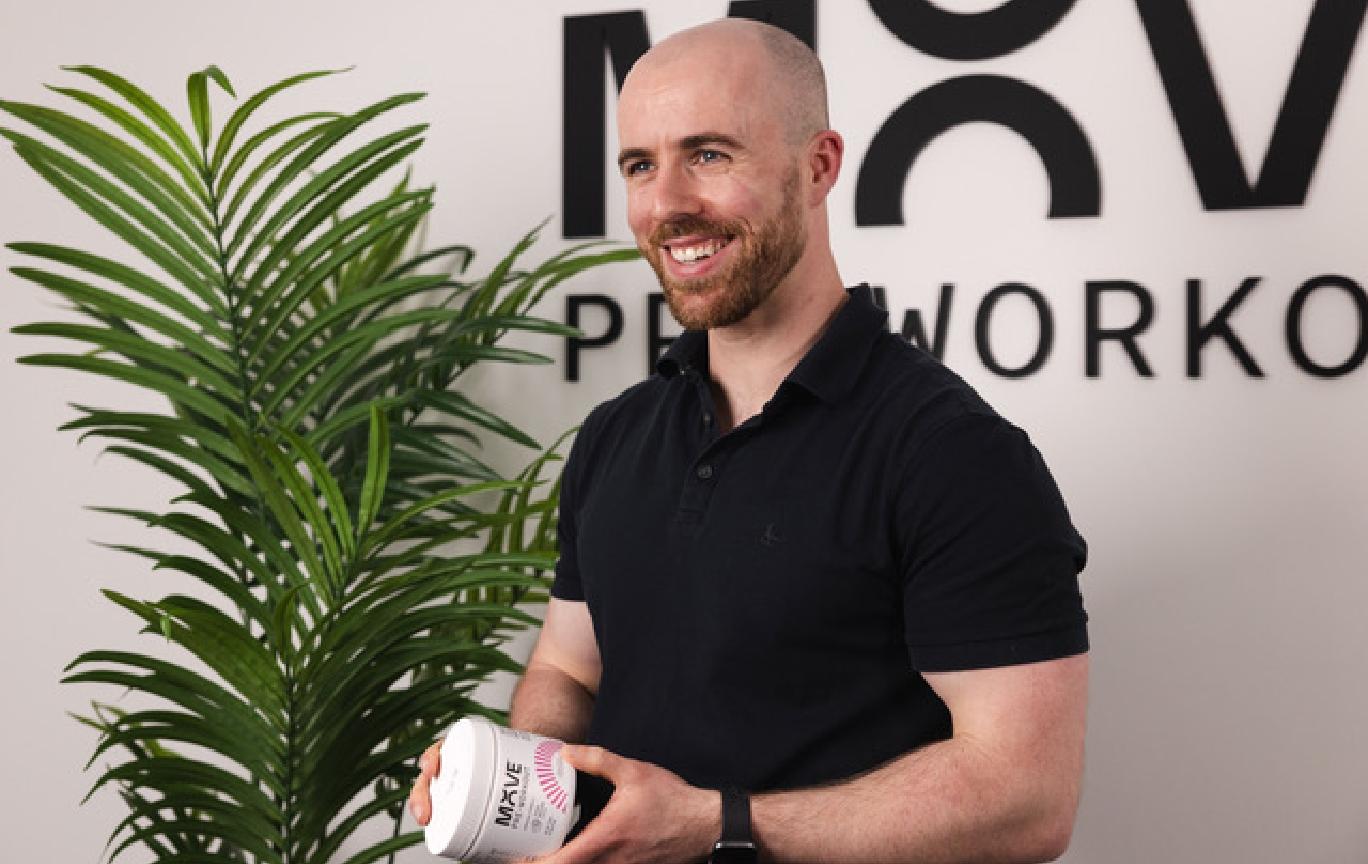How Your Toothbrush Can Transform Your Life
By Catherine Evans
Our society places a huge importance on appearance, and there are few things as transformative to the human face as a beautiful smile, but dental hygiene is about far more than white teeth and fresh breath. The mouth is a gateway to the rest of our body, and good dental hygiene is a key factor in overall good health. It’s often underestimated just how much of an impact it can make.
The mouth contains over 700 species of bacteria, mostly harmless, especially when kept under control by daily brushing and flossing. The body’s immune system, coupled with good oral hygiene keep these micro-organisms in balance, but poor oral hygiene can lead to a plaque build-up, risking infections such as gingivitis and periodontitis. This can cause severe inflammation and damage to the soft tissue and the bones supporting the teeth, and inflamed gums can allow harmful bacteria to directly enter the bloodstream.
People undergoing heart surgery, including valve replacements, are often required to have dental clearance first. This is because harmful bacteria escaping into the bloodstream can infect the heart lining and can cause or complicate existing cardiovascular conditions. If left untreated, chronic inflammation from gum disease
can contribute towards atherosclerosis, a hardening and narrowing of the arteries, increasing the risk of heart attack or stroke.
There’s a striking relationship between diabetes and oral health. High blood sugar levels can harm gum tissue and therefore diabetics are more prone to periodontal disease. In turn, severe gum disease can raise blood glucose levels, creating a vicious cycle. Taking charge of one issue helps to manage the other.
Inhaling oral bacteria into the lungs can lead to respiratory infections, especially in vulnerable people with weakened immune systems, such as the elderly. This can increase the likelihood of developing pneumonia and other bronchial conditions.
Pregnant women are advised to have regular dental check-ups as gum disease has been linked to complications such as premature birth and lower birth weights.
Currently, the link between gum disease and degenerative conditions such as Alzheimer’s are being explored, as chronic inflammation and some oral bacterias are suspected to contribute towards neurodegeneration and cognitive decline.

It’s very important to get children into a good dental routine. Dental issues, especially tooth decay, remains the most common reason for A&E visits and hospital admission for children below the age of 9. This is almost entirely preventable with proper dental care and improved dietary habits.
Diet is hugely important for oral health. Cutting down on sugar is usually top of the list, but there’s a lot more to it than that. Crunchy foods like celery, carrots and cucumbers have a mildly abrasive natural scrubbing effect on your teeth as you chew. They stimulate saliva flow, which neutralises acids and gets rid of food particles. Calcium strengthens teeth and bones, including the jawbone. Vitamin D helps your body synthesise calcium. Phosphorus found in meat, fish, dairy, nuts, seeds and whole grains works alongside calcium to remineralise teeth. Vitamin C is vital for overall health, as well as gum tissue repair and healthy immune function, and can be found in many fruits and vegetables. Green and black tea contain polyphenols that can reduce harmful bacteria, great for teeth as long as you take it without sugar, and if you’re careful to guard against staining.
Water keeps your mouth clean and supports saliva production. Saliva is mildly astringent and is a natural defence against cavities and gum disease. Too much acid from foods such as citrus, vinegar, pickles and fizzy drinks can have a disastrous effect on tooth enamel over time. If you find it hard to resist them, rinse with water and don’t brush too soon. Finish a meal with cheese: it’s rich in calcium and helps neutralise acid. Not only is it delicious, it can offer your teeth a bit of extra protection.
Good oral hygiene is relatively easy to achieve, with twice daily brushing with a fluoride toothpaste, combined with regular flossing. My dentist recommended a waterpik flosser, which I now can’t live without. It involves squirting water between each tooth, and it’s incredible how much debris it shifts, even after brushing and flossing, and it only adds a minute or two to my usual teeth cleaning routine. Regular dental check-ups and an occasional visit to a dental hygienist is not just about having a lovely smile. It’s about protecting your health, and is therefore really worth prioritising. When you look at it this way, a toothbrush may just be one of the most powerful weapons in your overall health arsenal.
Features












